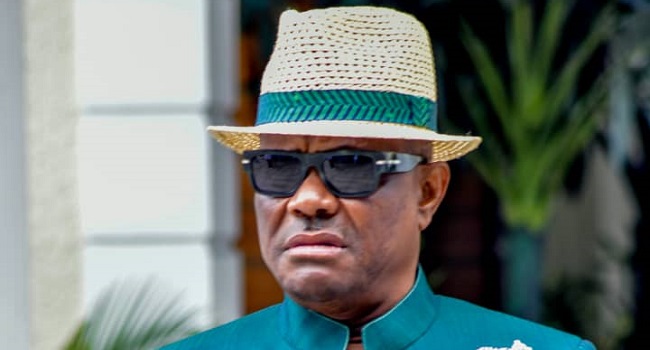By Daniel Edu
The Federal Government of Nigeria is contemplating the demolition of over 6,000 illegal buildings and slums, as well as about 30 illegal settlements in the Federal Capital Territory, Abuja. This move is being considered as part of an effort to restore the capital’s master plan, which has been distorted by unauthorized constructions.
Nyesom Wike, the Minister of the Federal Capital Territory, has announced that all structures violating the city’s master plan will be taken down, regardless of the owners’ status, even if they belong to ministers or ambassadors. The list of affected areas includes several settlements such as Apo Mechanic Village, Dawaki, Garki, Idu, Jabi, Nyanya, and more.
Furthermore, the administration is targeting individuals who acquired land from Abuja indigenes, labeling their investments as illegal. The ongoing drive to restore the city’s planned layout aims to address not only unauthorized buildings but also abandoned structures that are in violation of building codes.
It’s estimated that approximately 6,000 abandoned homes could face demolition or land title revocation, with this number potentially increasing as further investigations are conducted. While the government intends to take strict measures to enforce the master plan, concerns have been raised by residents about the potential economic impact and hardship this could bring. Some residents have emphasized the need for the government to provide alternatives or compensation before demolishing structures.
Wike’s agenda for the Federal Capital Territory also includes reviving the transportation sector, reintroducing mass transit buses, and reducing the prominence of motorcycles and tricycles in the city center. The ultimate goal is to develop the city’s outer regions, alleviate congestion in the city center, and enhance the overall urban environment.
While the move to restore the city’s master plan has received support for its potential benefits, critics have urged the government to ensure fairness and transparency in its execution. Concerns have been raised about selective enforcement of the law and potential political bias. To mitigate these concerns, some experts have suggested comprehensive investigations into all parties involved in illegal construction, alongside proper compensation for affected residents.





